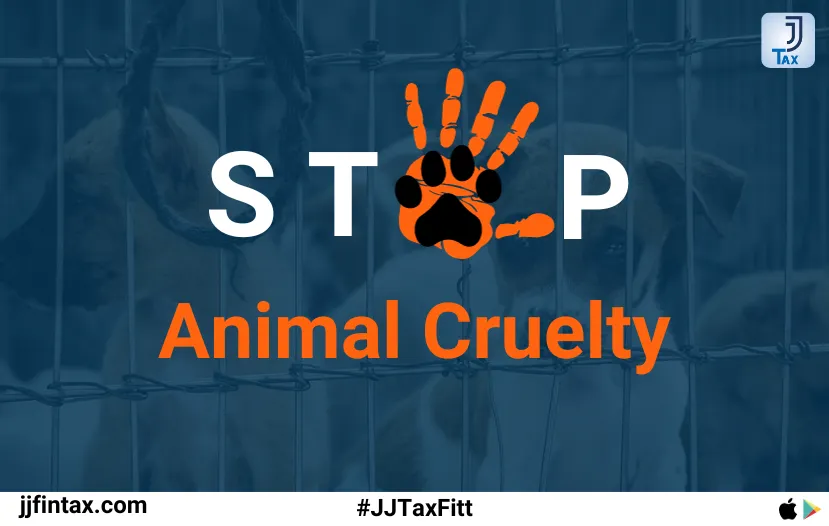Know all about PCA Act - Prevention of Cruelty to Animals Act, 1960

Ever looked into a puppy’s soulful eyes or felt the purr of a contented cat?
Earth pr jitne bhi jeev-jaantu hai, sab respect and acha behaviour deserve karte hai.
This is where the concept of animal rights shines a light, reminding us that animals aren’t simply possessions or tools, but fellow beings worthy of protection.
The “Prevention of Cruelty to Animals Act, 1960” (PCA Act) stands tall as the legal guardian of our furry (and feathered, and scaled) friends. Think of it as a superhero cape for animals, safeguarding them from unnecessary pain and suffering.
Now, navigating legal jargon can be trickier than a cat trying to climb a mountain
But worry not, animal lovers! This newsletter is your friendly guide to understanding the PCA Act and its superpowers for animal welfare.
Chaliye ab simple language mein samazte hai ki kaise un creatures ki life impact hoti hai.
Think of the PCA Act as a shining shield protecting our animal friends from harm. Mission bahot clear hai: Animals p kisi bhi tarah ka pain ya suffering ko rokna. Every paw pad, every feathered wing, every glistening scale – all fall under its protective gaze.
This isn’t just about pampering pooches with extra treats (though they wouldn’t mind!). The PCA Act casts its net wide, encompassing all animals, from our beloved pets to the wild creatures scampering in our forests. Every living being that isn’t human receives the Act’s watchful eye, ensuring their life is free from needless anguish.
The PCA Act stands against such injustices, offering them a voice and a shield against cruelty. So, whether it’s a majestic elephant or a tiny field mouse, they all deserve a life free from unnecessary pain, and the PCA Act makes sure about it.
Defines cruelty to animals and outlines various forms of cruelty, such as beating, kicking, overloading, and causing unnecessary pain or suffering.
Specifies various offenses related to cruelty to animals, and it prescribes penalties for individuals found guilty of such offenses. Penalties may include fines and imprisonment.
Lays down specific conditions and restrictions to ensure the well-being of performing animals in circuses or other public exhibitions.
Regulates the experimentation on animals for scientific and educational purposes.
Addresses the issue of transportation of animals and prohibits the transport of animals in a way that may cause them unnecessary pain or suffering.
The Act provides for the establishment of the Animal Welfare Board of India, which plays a key role in advising the government on matters related to animal welfare and in promoting the humane treatment of animals.
Also, agar aap kisi bhi tarah ki Cruelty Witness karte hai then, Don’t Be Silent.
Seeing an animal in distress can be gut-wrenching, but the PCA Act gives you the power to be their hero! Here’s how to report suspected animal cruelty and be a voice for those who can’t speak for themselves:
Raise the Alarm:
Contact the authorities: Your first line of defence is your local Animal Welfare Officer (AWO) or the police. Look up their contact information online or ask at your nearest police station. If immediate action is needed, dial 112 for emergency response.
Don’t be a lone wolf: Inform neighbours, other witnesses, or animal welfare organizations. The more voices, the greater the impact.
Gather Evidence:
Become a detective: Document the situation with photos and videos, if possible. Capture the animal’s condition, the environment, and any evidence of cruelty. Remember, visuals speak louder than words.
Note the details: Write down the date, time, location, and any specific observations you may have. The more information you provide, the easier it is to investigate the case.
Make it Official:
File a formal complaint: Visit your local police station or AWO office and file a detailed complaint. Be clear, concise, and stick to the facts you observed.
Follow up is key: Check in with the authorities to ensure they’re investigating the case. Don’t hesitate to nudge them if progress feels slow.
As it is well said by Albert Einstein
”The world is a dangerous place, not because of those who do evil, but because of those who look on and do nothing.”

